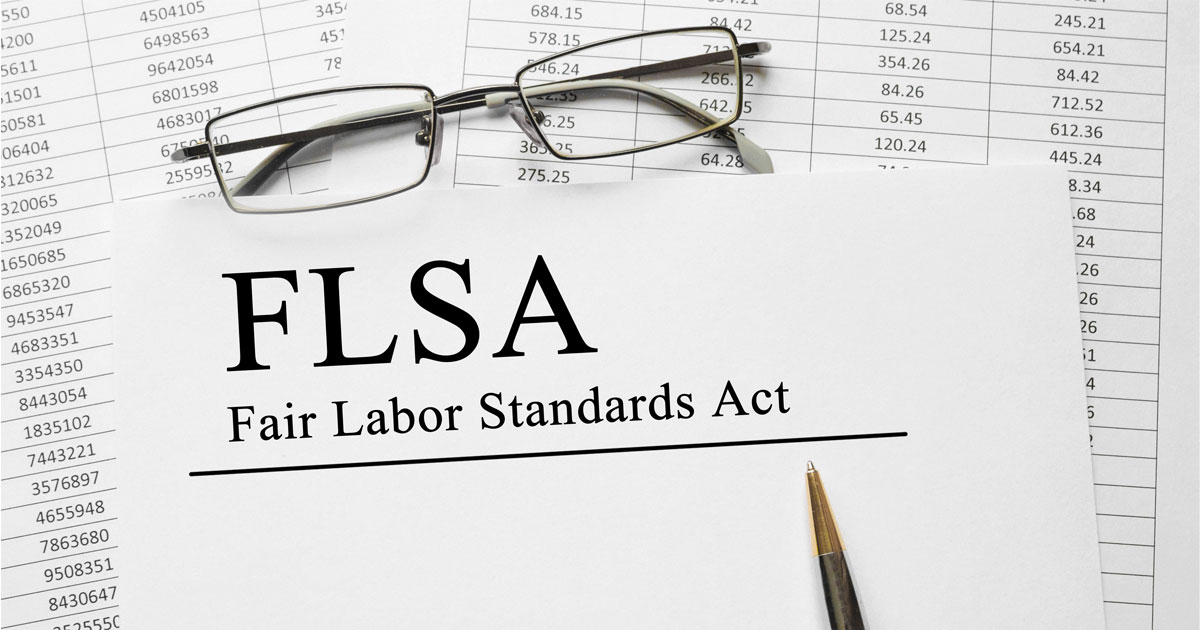Understanding Business Torts: What Business Owners Should Know?

In the complex world of business, disputes are not uncommon. Business owners must understand the concept of business torts to protect their interests and navigate legal waters effectively.
A business tort, often called an economic tort, is a wrongful act against a business entity that causes economic harm. Unlike criminal offenses, which the state prosecutes, business torts are civil wrongs where the injured party can seek compensation or remedy in court.
Types of Business Torts
Business owners should be aware of several types of business torts. These include:
- Tortious interference: Tortious interference occurs when a third party deliberately disrupts or interferes with a business relationship or contract. For instance, if a competitor maliciously spreads false information about your products, causing your clients to terminate their contracts, this is a tortious interference.
- Fraudulent misrepresentation: Fraudulent misrepresentation involves intentionally deceiving another party to gain a business advantage. This could include false statements about a product’s features to boost sales. If a software company falsely claims its software can perform certain functions, leading customers to purchase it based on these claims, this constitutes fraudulent misrepresentation.
- Unfair competition: Unfair competition includes a range of deceptive or unethical practices that harm a competitor’s business or mislead consumers. One example is trademark infringement, where a business uses a logo or name similar to a well-known brand to confuse consumers and steal market share.
- Breach of fiduciary duty: Fiduciary duty refers to the legal obligation to act in the best interest of another party. In a business setting, this could be a director’s duty towards the company. If a director acts in their interest to the company’s detriment, it can be considered a breach of fiduciary duty.
Remedies Available to Business Owners
If your business has been a victim of a business tort, various legal remedies are available. These include:
- Damages: The most common remedy is financial compensation, also known as damages. This is intended to restore the injured party to their position if the tort had not occurred.
- Injunctions: In some cases, the court may issue an injunction, ordering the offending party to stop the wrongful activity.
- Disgorgement of profits: In unfair competition, the court may order the defendant to give up profits earned through the wrongful conduct.
- Constructive trust: In a breach of fiduciary duty, the court may impose a constructive trust on any profits made by the defendant, effectively transferring those profits to the plaintiff.
Our Philadelphia Business Attorneys at Sidkoff, Pincus & Green P.C. Will Help You Protect Your Business
Understanding and navigating business torts can be complex, but you do not have to do it alone. We practice business law at Sidkoff, Pincus & Green P.C. and have years of experience handling tort cases. Speak with our Philadelphia business attorneys about how we can help you. Contact us online or call us at 215-574-0600 to schedule a consultation. Located in Philadelphia, we serve clients in Pennsylvania and New Jersey.






















